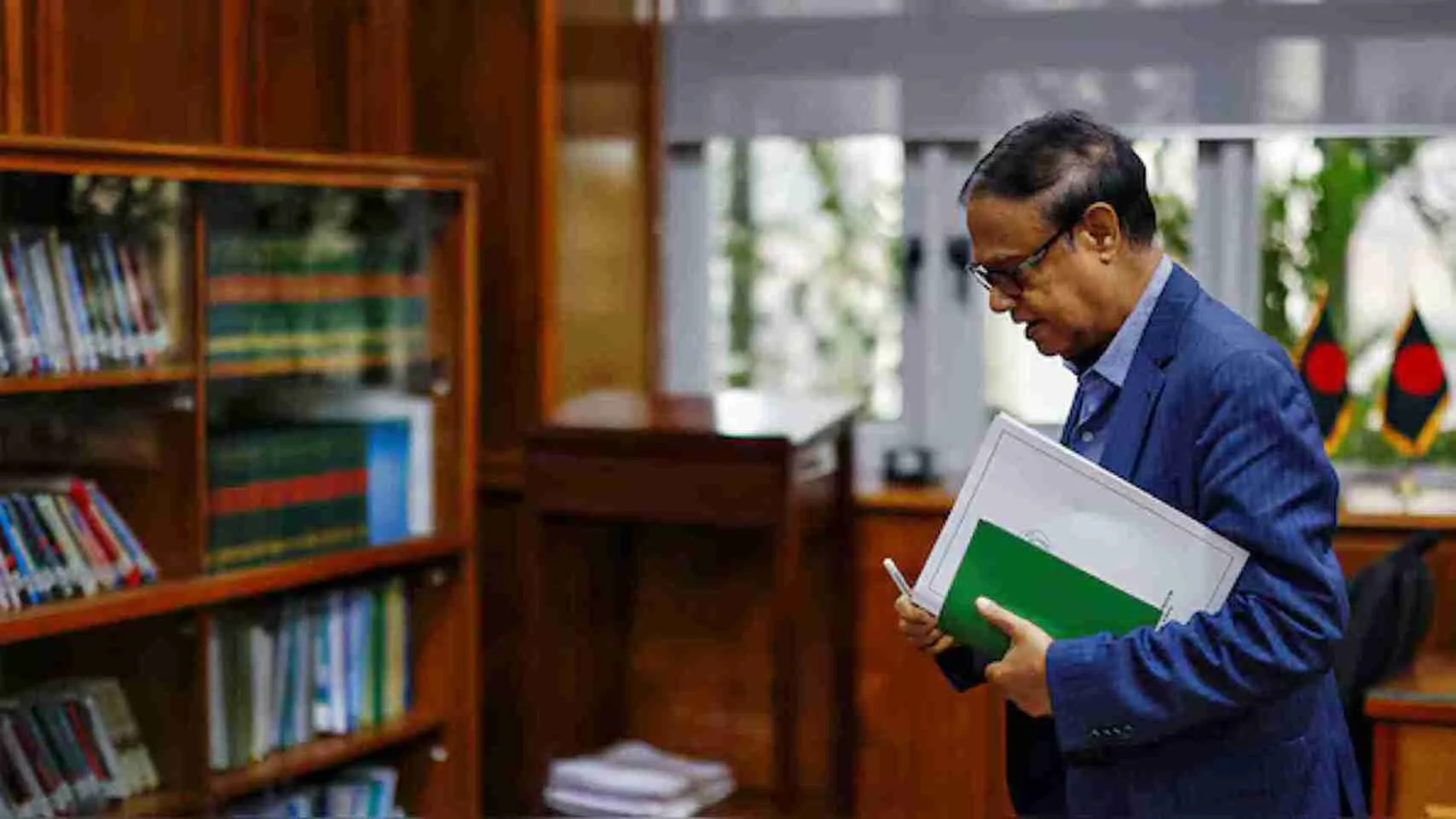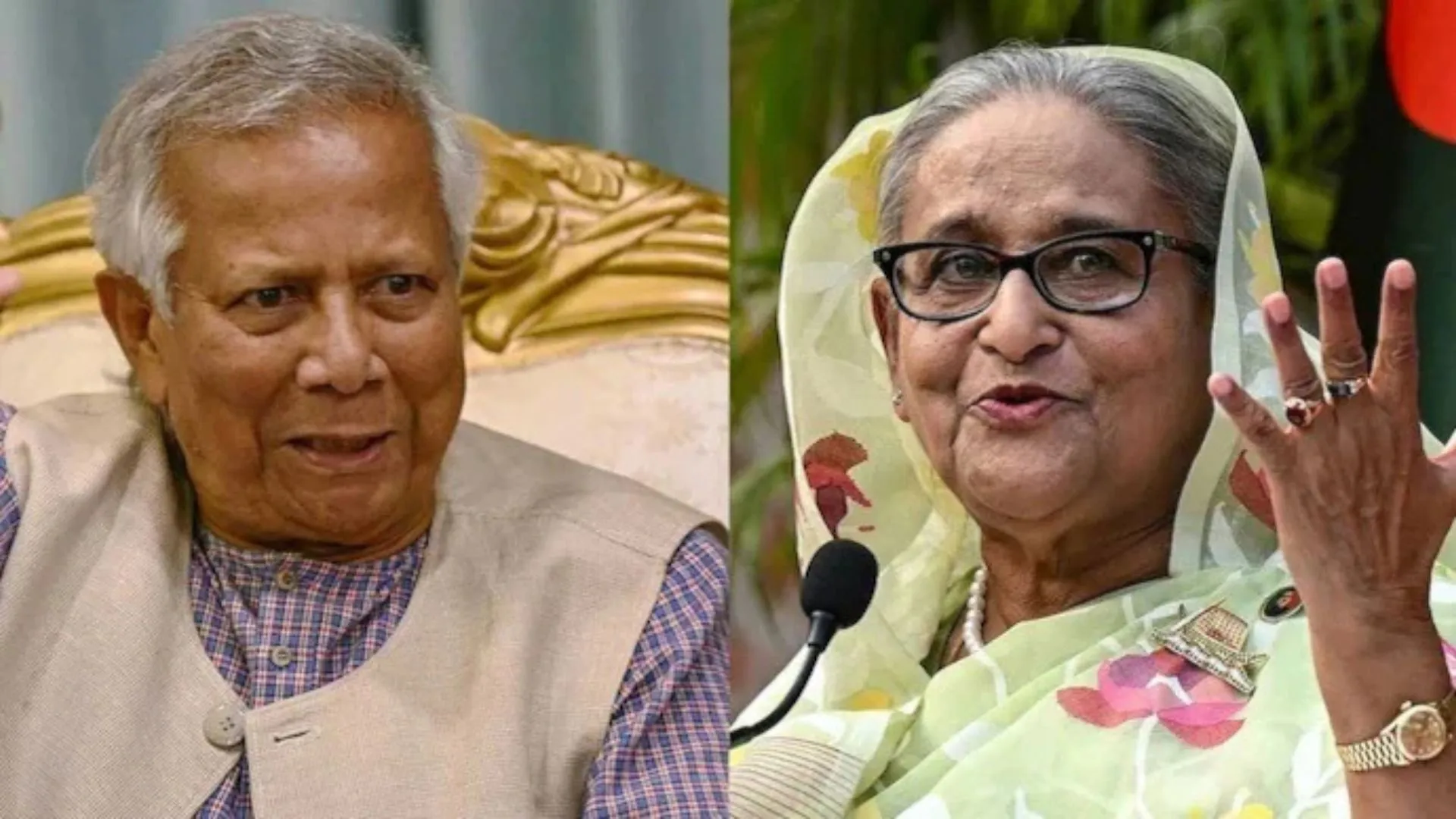Bangladesh’s banking sector is facing a severe crisis as non-performing loans (NPLs) surged to Tk 345,764 crore by December 2023, representing 20.20% of all loans—a dramatic increase from Tk 284,000 crore just three months ago. Bangladesh Bank Governor Ahsan H Mansur revealed these alarming figures at a press conference, highlighting deep-rooted issues in the nation’s financial system.
New Measures to Tackle the Crisis
In response to the mounting crisis, Bangladesh Bank has drafted a Bank Resolution Ordinance, currently open for public consultation on the finance ministry’s Financial Institutions Division website. The proposed ordinance introduces the concept of “bridge banks”—temporary institutions designed to take over weak banks until a suitable buyer is found. It also empowers the central bank to transfer shares, assets, and liabilities to third parties without requiring shareholder consent, and establishes a Bank Restructuring and Resolution Fund supported by government contributions, international financial institutions, and risk-based bank levies.
A key focus of the ordinance is depositor protection. The framework aims to curb insider transactions, prevent unauthorized loan write-offs for influential borrowers, and stop the artificial inflation of bank profits. Additionally, it grants Bangladesh Bank the authority to restrict the transfer or sale of shares by troubled bank owners to help stabilize the sector.
Governor’s Candid Critique Sparks Debate
Governor Mansur’s forthright comments have stirred intense debate among financial stakeholders. While his efforts to expose financial irregularities and enforce stricter discipline have been lauded by some, others fear his transparency could further undermine public confidence. Last September, his warning that 10 commercial banks were on the verge of bankruptcy triggered panic and mass withdrawals. Critics argue that such frank assessments may exacerbate instability rather than resolve it.
Political Instability Compounds Economic Concerns
The banking crisis unfolds amid a broader leadership turmoil in Bangladesh. After an elected leader was ousted amid student agitation in August last year, Nobel Laureate Muhammad Yunus was appointed chief adviser with the task of overseeing parliamentary elections. However, the Yunus government lacks widespread popular support, and political instability is now causing stress within the armed forces, with the army chief reportedly expressing deep frustration over ongoing turmoil.
A Call for Comprehensive Reform
With years of financial scandals, mismanagement, and weak regulatory oversight plaguing the sector, reform is urgently needed. Policymakers are under pressure to implement robust measures that protect depositors, enforce accountability, and rebuild trust in the banking system. However, experts warn that if not executed carefully, these reforms could further destabilize an already fragile economy.
As Bangladesh grapples with these intersecting crises in banking and leadership, the coming months will be critical in determining whether decisive reforms can restore confidence and secure the nation’s economic future.























